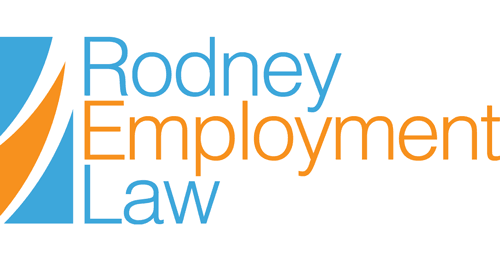Since it’s the third Monday of February and Family Day is upon us, here’s a brief overview of public or statutory holidays in Ontario.
Do you know how many public holidays there are in Ontario? Family Day is the newest public holiday. Others include:
- New Year’s Day
- Family Day
- Good Friday
- Victoria Day
- Canada Day
- Labour Day
- Thanksgiving Day
- Christmas Day
- Boxing Day
Employers, is your business open on Family Day?
Employees, are you working on a Family Day?
Typically, if the public holiday falls on a day that would normally be a working day for the employee, the employee is entitled to the day off with pay. However, this is not always the case as there are various exceptions.
Find out if these apply to you or your business…
Is your employment relationship governed by the Employment Standards Act (the “ESA”)?
Most employees and employers working in Ontario are covered under the Employment Standards Act (the “ESA”), but not all.
Who is not covered by the ESA?
1. Federal Employees
Employees who work for…
- An airline
- A bank
- The federal civil service
- The post office
- Radio and television stations
- Inter-provincial railways
… are not covered under the ESA (however they may have similar rights under the Canada Labour Code.
2. Individuals performing work under a program approved by a college of applied arts and technology or university.
3. Secondary school students who perform work under a program authorized by the school board that operates the school in which the student is enrolled.
4. People who do community participation under the Ontario Works Act, 1997.
5. Police officers (except for the Lie Detectors provisions of the ESA, which do apply).
6. People who hold political, judicial, religious or elected trade union offices.
There are also some employees who are covered by the ESA generally but who are exempted from certain parts of it, such as the holiday provisions. The following are some examples of employees covered by the ESA generally but do not qualify for paid public holidays (note: this list is not exhaustive):
- Firefighters
- Dentists
- Chiropractors
- Massage therapists
- Physiotherapists
- Lawyers
- Architects
- Pharmacists
- Engineers
- Accountants
- Most doctors
- Real Estate Salespersons and Brokers
- Taxi Cab Drivers
- Some seasonal employees
Employers may ask… “Can I make my employee work on a public holiday”?
In general, the answer is no. Most employees who qualify are entitled to take these days off work and be paid public holiday pay. Alternatively, they can agree in writing to work on the holiday and they will be paid either “public holiday pay” plus “premium pay” for the hours worked on the public holiday; or their regular rate for hours worked on the holiday, plus they will receive another day off (called a “substitute” holiday) with public holiday pay.
Still, some employees may be required to work on a public holiday, depending on the industry. The Ministry of Labour website offers a “Special Rule Tool” that can help to determine which employees are not covered by certain parts of the ESA or are covered by special rules based on industry or occupation.
Special rules apply to employees who work in hotels, motels and tourist resorts; restaurants and taverns; hospitals and nursing homes; continuous operations (one that operates around the clock), and an employee in these industries may be required to work on public holidays without the employee’s agreement (note: only if the holiday falls on a day that the employee would normally work and the employee is not on vacation).
The Bottom Line:
The various exemptions and exceptions in the ESA could be tricky to navigate, especially with respect to public holidays. Employers would be wise to get advice before developing any employment policies around public holidays like Family Day. At Rodney Employment Law, we’ve helped our clients develop and implement many such policies and ensure they understand the importance of their ESA rights and obligations.
Contact us for an assessment of your ESA workplace obligations or to better understand your rights under the ESA.
Whether you’re hitting the slopes or checking out the AutoShow this weekend, stay warm and enjoy your Family Day!
